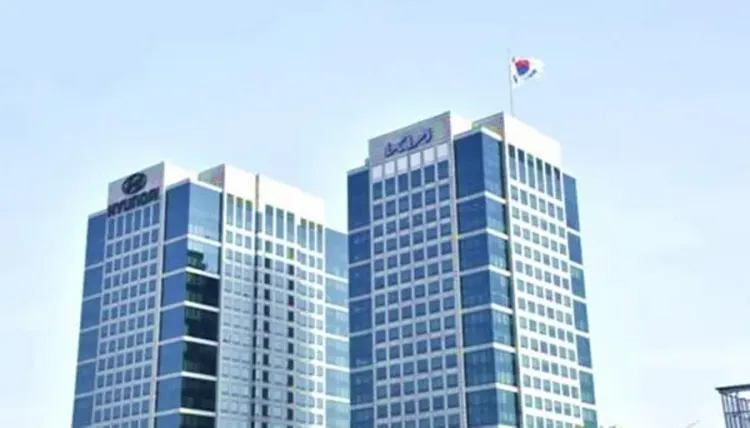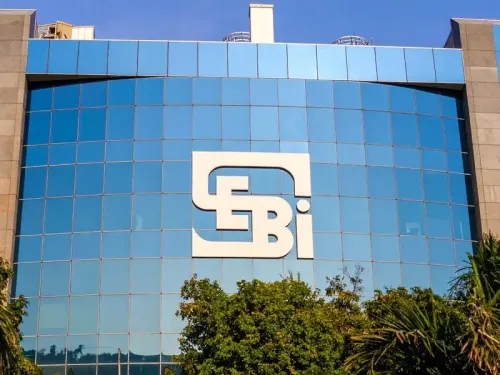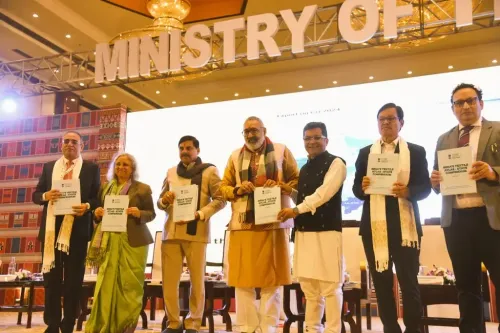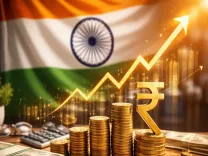Why Has South Korean Firms' Lobbying Expenditure in the US Doubled in Five Years?

Synopsis
Key Takeaways
- South Korean firms have significantly increased lobbying expenditures in the U.S.
- Lobbying spending rose to $35.32 million last year.
- Major companies like Samsung and SK Group are at the forefront of this trend.
- The push is driven by the need to adapt to U.S. industrial policies.
- New climate policies are shaping the future of industry and lobbying efforts.
Seoul, Oct 1 (NationPress) Recent data reveals that South Korean corporations have significantly increased their lobbying expenditures in the United States, more than doubling over the last five years as they adapt to Washington's industrial policies. In the previous year, leading South Korean companies collectively spent US$35.32 million on lobbying efforts, reflecting a 41.8 percent rise compared to the prior year during the U.S. presidential election, as reported by the industry tracker CEO Score, according to Yonhap news agency.
This figure represents a substantial increase from $15.53 million spent in 2020. In 2024, seven major South Korean conglomerates, including Samsung, Hyundai Motor, and Hanwha, each allocated over $1 million for lobbying activities.
Among these, Samsung Group, which encompasses Samsung Electronics Co. and Samsung SDI Co., led the pack with a lobbying expenditure of $8.62 million.
Following Samsung, SK Group spent $7.08 million, while Hanwha Group contributed $6.05 million.
Additionally, Hyundai Motor Group and Coupang invested $4.78 million and $3.31 million respectively, with LG Group spending $1.34 million.
According to the industry tracker, South Korean firms are ramping up their lobbying expenditures to mitigate political risks during the U.S. presidential election and to respond to U.S. industrial policies.
In a related development, South Korea's leading business lobby convened a seminar on Wednesday, featuring Climate Minister Kim Sung-whan, to deliberate on sustainable climate policies that impact both the environment and industry.
This event was organized by the Korea Chamber of Commerce and Industry (KCCI) on the same day the newly formed Ministry of Climate, Energy and Environment was officially inaugurated following a governmental reorganization.
The ministry now oversees energy policies, previously managed by the rebranded Ministry of Trade and Industry.
During the seminar, KCCI Executive Vice Chairman Park Il-joon remarked, "South Korean companies are confronting substantial challenges such as carbon neutrality and energy transition. We aspire for the newly established climate ministry to devise policies that foster synergy between the energy and environment sectors."
In response, Minister Kim asserted that the government aims to position green and artificial transformation as critical foundations in establishing South Korea as a frontrunner in the carbon-neutral and green industry.










